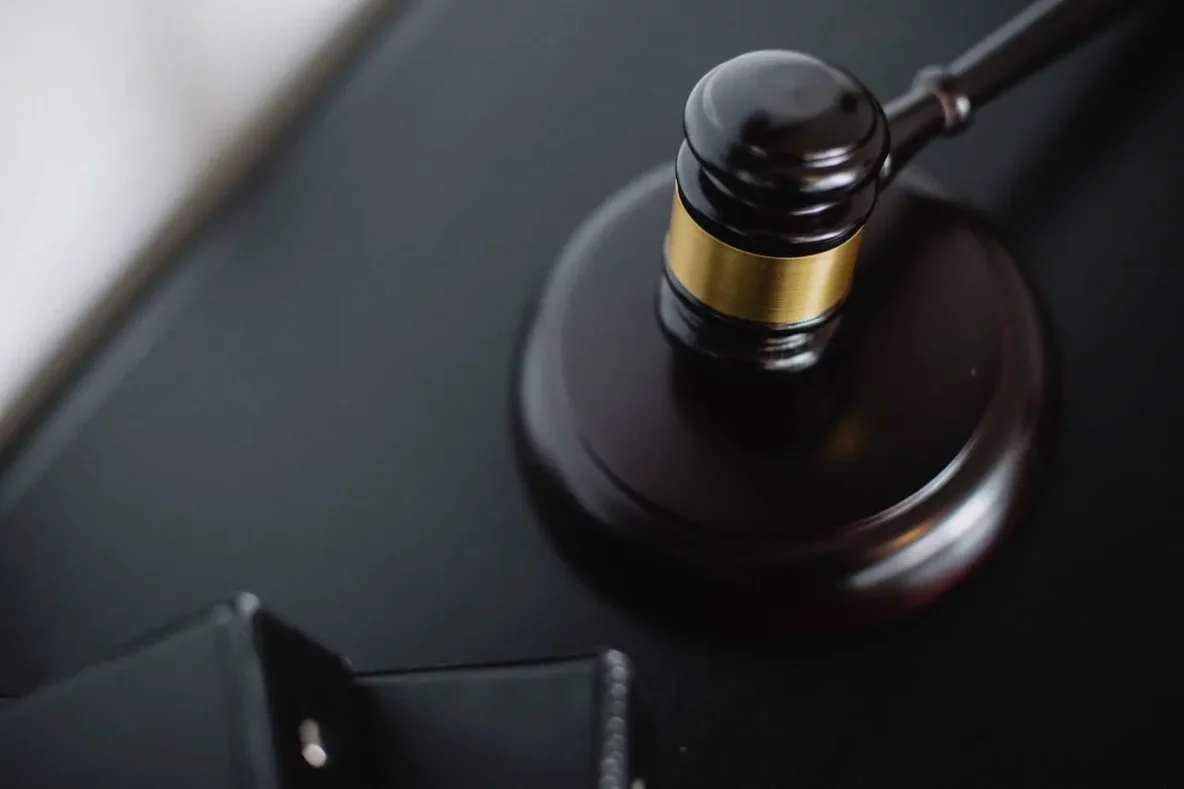Our Commercial Litigation solicitors comment on this ever changing and important area of litigation law: application for relief from sanctions.
The 2013 Jackson reforms brought changes to the Civil Procedure Rules (CPR) relating to, inter alia, applications for relief from sanctions; in essence, the courts were less tolerant of breaches of the Rules and unjustified delays. The court’s approach was then updated to allow Judges to have further discretion in applications for relief. However, despite the reforms, the court’s approach to Litigants in Person remains stringent. With the reduction in Legal Aid and Conditional Fee Agreements, there is an increase in the number of individuals acting without legal assistance. Whilst the court is required to treat both represented and unrepresented parties on a level playing field, should the court be more flexible with Litigants in Person?
A stringent approach to application for relief from sanctions
The court interpreted the test in Mitchell v Newsgroup Newspapers [2013] EWCA Civ 1537 and took a ‘no nonsense’ approach towards applications for relief from sanctions. In circumstances where the breach was ‘trivial’, the party seeking relief was usually granted relief provided that an application was made promptly. On the other hand, if the breach could not be characterised as ‘trivial’, then the burden is on the defaulting party to persuade the court to grant relief. Essentially, this case made it clear that if there was a very good reason for the breach or failure to comply, then relief will usually be granted. This sled to an increase in satellite litigation.
A more flexible approach
However, the Court of Appeal in Denton v TH White Ltd [2004] EWCA Civ 906 considered Mitchell to be misunderstood and clarified the points made by adopting a more tempered three stage test for applications. The court also warned of the substantial costs that could be imposed on those parties who were unreasonably trying to take tactical advantage of an opponent’s breach and implemented further factors to consider. In Denton it was ruled that in every case, the court must consider all of the circumstances. The test requires:
- the court to identify and assess the seriousness and significance of the failure to comply with any rule, practice direction or court order;
- the court should consider why the default occurred;
- the court should evaluate all circumstances of the case, so as to enable it to deal justly with the application.
Therefore, if there is a serious or significant breach and there is no good reason for the breach, then an application for relief from sanctions will not automatically fail as it had done in the past. The courts no longer focus on the triviality of the breach, unless it is used to decide whether the breach was serious or significant.
Litigants in person
Despite Denton allowing the court further discretion, it took a strict line approach in Barton Wright Hassall LLP [2018] UKSC 12. The Supreme Court held that Litigants in Person will not receive special consideration if they have failed to comply with the CPR.
This case concerned the service of a professional negligence claim upon the defendant’s former solicitors. The claimant served his claim form by way of email, without checking whether the defendant would accept service in this way. When the claimant informed the defendant that he was effecting service, the firm refused to acknowledge service via email, despite the expiry of the limitation period the following day. The claimant’s application to extend service of the claim form was rejected at first instance and later in two appeals. Lord Sumption commented that whilst the status of a Litigant in Person permits a “lower standard of compliance with rules or orders of the court”, the claimant had still had a duty to follow the provisions of the CPR, and it failed to do so in this case.
The Judge went on to comment that the Rules are available to lay persons online, and are therefore readily accessible to Litigants in Person. However, what makes this quite a contradictory approach is that on the one hand the court advocates the use of the internet for lay people to search for the Rules, yet the Rules themselves still allow firms to deny service via email. Email communication has become the most used communication methods between firms, their clients, and other businesses professionals. If a lay person is encouraged to search for these Rules online, then it should follow that the CPR be updated to allow service by email. The Business and Property courts themselves have introduced ‘legal tech’ such as CE file into their systems to allow for a smoother operation of the court process. In fact, Lord Briggs in his dissent of Barton stated:
“Now that issue and filing is required to be carried out online, by legally represented parties in the Business and Property Courts in London, as the first stage in eventually extending this as the mandatory method for all civil proceedings, it may be questioned for how long these constraints upon service upon solicitors by email will continue to serve a useful purpose, but any relaxation of them is of course a matter for the Civil Procedure Rule Committee.”
The court clearly realises the expansion in technology and law that seems to make the Rules outdated and it appears that those not familiar with what some describe as the outdated legal world may be penalised – those people are inevitably Litigants in Person. In Barton, the claimant had already served via email, and so had the Rules allowed him to do so without permission from the other party, he would have served on time. The outdated Rules almost obstruct the court from adopting a more flexible approach and subsequently the court has almost gone full circle by tolerating less breaches for those litigating themselves. Perhaps it is no longer a question of the court’s discretion, but a necessity to update the CPR to reflect the changes in the way we are communicating with one another.
If you have any questions in relation to this article, then please contact our commercial litigation solicitors.
Share this Post




